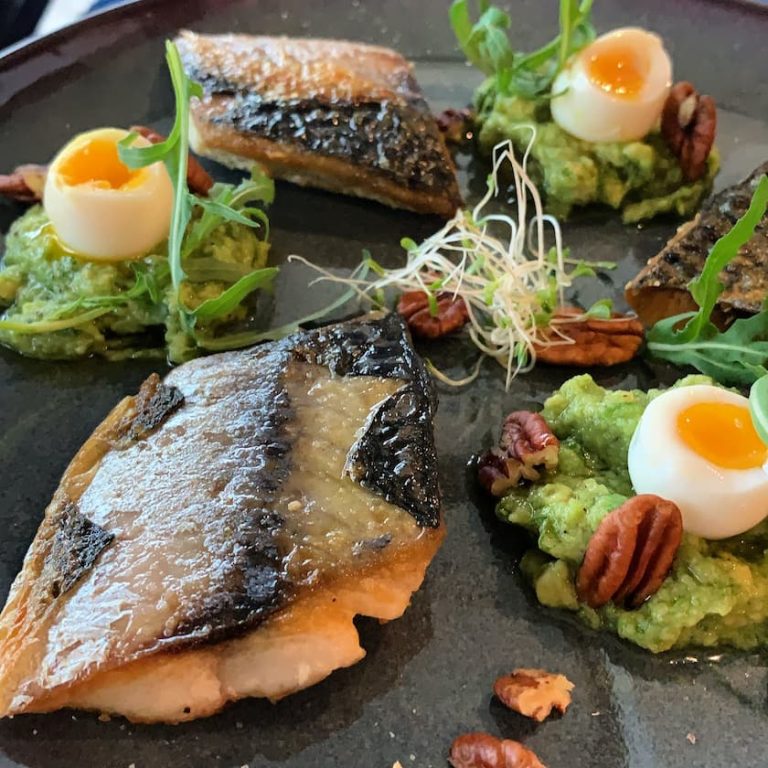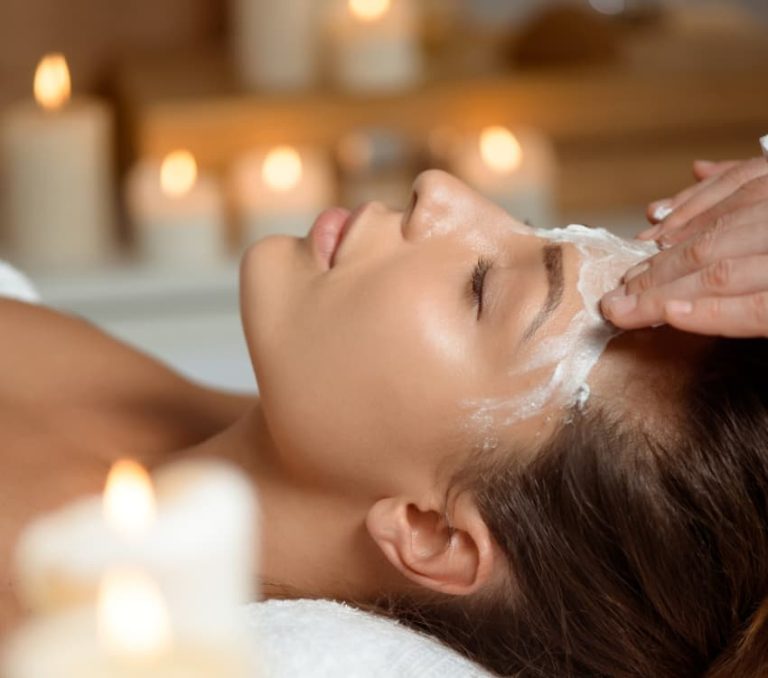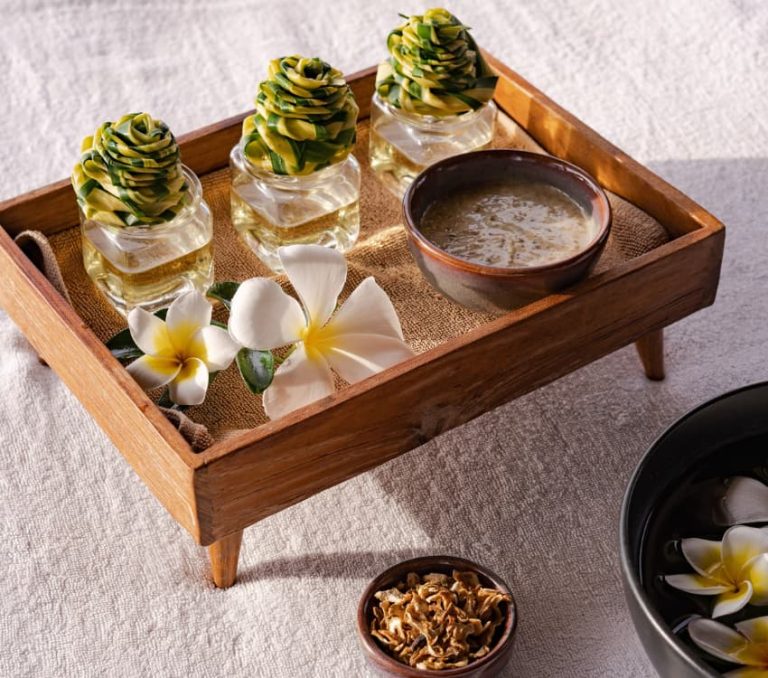The immune system is a co-dependent and intricate structure that accommodates proteins, white blood cells, organs, and networks. Some parts of the immune system perform defence duties by acting as barriers to prevent bacteria and viruses from entering vital organs such as the brain. Other features of the immune system hunt and eliminate any foreign components from the body.
Though the immune system is designed to prevent any disease-causing organisms, it needs time to familiarize itself with pathogens and other foreign bodies. Before a disease-causing pathogen is eliminated from the body, the body needs to recognize it as a danger. This is usually achieved after developing the necessary antibodies after receiving a vaccine or after being sick for a while.
It is important to understand that boosting your immune system plays a significant role in both the prevention and recovery of covid-19. In the event you get sick, a robust immune system is vital as the body familiarizes itself with the novel virus. A strong immune will also help you prevent or fight common problems such as flu or cold viruses.
While working on your immune system, it is imperative to continue following CDC guidelines: good hand hygiene, social distancing, and cough etiquette. This is because covid-19 is caused by a novel pathogen which means people do not possess antibodies to create a defence.
Boost your immune system with healthy foods
Nutrition is one of the most critical factors that boost the immune system. Research has shown that people who live in poverty are at risk of contracting infectious diseases due to malnourishment. Health and nutrition professionals have gathered some evidence on the impact of micronutrient deficiencies on animals’ immune systems. Deficiencies of nutrients such as folate, copper, iron, zinc, selenium, and vitamins B6, E, A, and C alter immune responses.
Eating junk food deteriorates your immune system, consuming healthy meals is the foundation for strength. Balanced nutrition is essential in boosting the body’s ability to resist infection and maintain good health.
Plant-based foods are essential in increasing and assisting the beneficial intestinal bacteria. It also boosts the overall gut microbiome health that makes up more than 80 percent of your body’s immune system. Eating healthy involves regulating the amount of animal foods consumed to reduce the chances of good bacteria being eliminated from the body. Excess consumption of animal foods is also known to cause inflammation and can be the underlying cause of several illnesses such as cancer, hepatitis B, cardiovascular diseases, chronic kidney problems, and diabetes, among others.
It is essential to drink plenty of water to keep mucus membranes moist. This lowers the chances of contracting flu or a cold. If you don’t feel thirsty often, prepare soup regularly or even make fruit juice at home. There is no evidence suggesting the survival of the coronavirus in water. Other essential immune boosters in food include:
Vitamin C
Vitamin C is vital for the stimulation of antibodies that assist fight against infections and bacteria.
Foods rich in vitamin C include; kiwi, red bell pepper, broccoli, oranges, grapefruit, tomato juice, strawberries, and citrus fruits.
Vitamin A (Beta Carotene)
Vitamin A regulates the immune system to improve the health of your respiratory system and intestines. Additionally, it keeps your skin and tissues healthy hence preventing infections.
Foods rich in vitamin A include; red bell pepper, broccoli, apricots, spinach, sweet potato, and carrots.
Vitamin D
Vitamin D helps in fighting infections and is also vital in maintaining strong bones.
Vitamin D-rich foods include; Mushrooms, cereals, bread, fortified milk, and salmon.
Vitamin E
Vitamin E works as an antioxidant which is essential in promoting the elimination of free radicals.
Foods rich in vitamin E include; avocado, seeds, nuts, and vegetable oil.
Zinc and Magnesium
Zinc is an essential micronutrient that is used in cell proliferation and DNA synthesis. It is also vital in regulating adaptive and innate immune responses, the generation of immune cells, and cell signalling. On the other hand, magnesium is an essential electrolyte that assists the body boosts the immune system’s lymphocytes and killer cells. It is also a source of energy for body cells. Additionally, magnesium is essential for haemoglobin present in the blood, which is tasked with transporting oxygen from our lungs to other parts of the body. This is vital in a coronavirus infection because the virus attacks the respiratory system.
Foods rich in zinc include; beans, nuts, legumes, seeds, shellfish, and red meat.
Foods rich in magnesium include; avocados, whole grains, black beans, and dark chocolate.
Folate
Also called folic acid, folate assists the body in generating cells. This means that a deficiency directly affects the immune system.
Folate-rich foods include; peas, leafy green vegetables, beans, and some fortified foods.
Iron
Iron assists the body in transporting oxygen to cells. This includes the white blood cells, which are vital to the immune system.
Foods rich in iron include; Seafood, pork, poultry, dark green vegetables, dried fruit, and red meat.
Protein
There are specific amino acids present in protein that are vital for T-cell function. These are cells that protect you against disease-causing microorganisms. These nutrients are essential in helping the immune system work effectively and efficiently. However, proteins should be consumed in moderation.
Protein foods include; seeds, nuts, beans, eggs, seafood, meat, poultry, etc.
Boost your immune system through physical activity and exercise
We all know that physical exercise is essential for good health. However, the main question most people are asking is whether it can ward off respiratory diseases. In regards to the covid-19 pandemic, though not much data has been gathered, exercising is significant in preventing and recovering from respiratory infections. Exercising is vital for your immune system, which is responsible for protecting the body. Research has shown that inactivity and obesity are some of the factors that lower the immune system’s functions. Engaging in a healthy lifestyle, on the other hand, improves your immunity and may reduce mortality rates.
Doctors say that working out or engaging in any other form of physical exercise boosts the immune system’s surveillance activity. This is because when you exercise, the exercise increases the exchange of essential white blood cells between tissues. This helps with your immune response and circulation (lymph and blood vessels). By increasing the activity of defensive cells in the blood looking for viruses, the body is better positioned to eliminate any threat.
Approaching physical activities with moderate intensity is essential not only for a good immune system but also as a way to reduce stress and anxiety levels. Ways to achieve optimal wellness through exercises include:
1. Keep Moving
Experts recommend three to six hours of moderate-intensity physical activity and at least two sessions every week of muscle training. Every minute you are active counts.
2. Explore indoor activities
You can listen to some music while walking around the house or up and down the stairs for ten to twenty minutes. You can do this at least twice a day. Other indoor activities include:
- Using home cardio machines.
- Jumping rope.
- Dancing to music or doing a live exercise class or video.
3. Explore outdoor activities
There are several outdoor activities to try out either alone or with friends and family. You can jog or walk around your locality, go bike riding, do yard work, garden, play outdoor games with family or spend time with nature. Physical activity outdoors is essential for both physical and mental wellness. Most people today, considering the fast-paced 21st-century lifestyles, make time to visit trails, open spaces, and parks to relieve stress, breathe fresh air, stay active, get vitamin D, and connect with other people.
4. Try muscle training
Muscle strength training is important for good health. Such exercises include doing push-ups, sit-to-stand, and squats.
5. Do yoga
Yoga is essential for both physical and mental wellness. It impacts your immune system significantly. Mindfulness and deep breathing reduces depression and anxiety.
Though workouts and other forms of physical exercises are important, you should not overdo them. If you are already exercising, you should not add more exercises to your routine to improve your immunity. Long-term or heavy exercises like intense gym sessions and marathon running can cause harm to your body. Doctors say that overtraining can cause performance decline, mood disturbances, and chronic fatigue that can affect immune function. While overtraining may be different in people, it is important to know your limits. Rest and recovery is also part of building your immunity.
Research has shown that people who prepare and stick to a moderately intense routine live a healthy lifestyle. If you are used to working out regularly, keep it up. If you haven’t been active, making an exercise routine will boost your health. A moderate exercise program can include; cycling with family and friends a few times a week, working out in the gym a few days a week, Taking short daily walks (15-30 min), or playing a sport during weekends.
Healthy life practices
Apart from exercising regularly and eating healthy diets, healthy life practices involve managing your stress and getting quality sleep. Sleep plays a crucial role in improving and maintaining our health. It is an essential health behaviour that guarantees a better quality of life, physical health, mental health, and optimal immune function.
A lot of body functions take place when you are asleep, though it may not feel like an active process. For example, important pathogen-fighting molecules are created. The AASM – American Academy of Sleep Medicine and the Center for Disease Control and Prevention (CDC) recommends that adults sleep at least seven hours, Teenagers 8-10 hours, school-age children 9-12 hours, and 10-13 hours for preschool kids, and 11-14 hours for toddlers daily.
Study shows that people who don’t get enough sleep are at risk of getting sick because of virus infections like those that cause common cold. To help you immune system fight off illness and infection, it is essential to plan your sleep schedule and stick to it. You should understand how much sleep you get daily and prepare action plans to take if your sleep is inconsistent.
On the other hand, employing stress-reduction techniques is also crucial in improving your immune system. Whether your stress builds up over time or it comes quickly, you should understand how it affects your mental and physical health and its impact on your defence against disease-causing microorganisms.
When experiencing stress, especially chronic stress, which is long-lasting or frequent, the body responds by implementing a stress response. Stress Responses, in turn, are known to affect the immune system, thus increasing the risk of illness and infections.
Stress and ways to respond and treat it are different in people. Considering its adverse effect on health, it is essential to know how to identify when you under stress. This will allow you to understand what steps to take. There are several stress-reducing solutions that many people have adopted in the fast-paced 21stcentury. Meditation, prayer, deep breathing, and yoga are some of the activities that reduce stress significantly.
Another essential factor to consider is making yourself used to hydrate every day. Experts say an average adult is supposed to drink at least eight glasses of water every day. Water plays several vital roles in the body, including boosting your immune system. Lymph is a fluid in the circulatory system that is mainly made up of water. It carries essential infection-fighting cells in the body. Dehydration affects the movement of lymph which leads to an affected immune system. Even under less physical activity like exercising, your body still loses water through bowel movements, urine, and breathe. To boost and maintain your immune system, ensure the water you lose is replaced.
Overview
It would be best to make the necessary changes in your life to improve your immune system and general health. Ensure that you practice mindfulness, enhance your fitness, and apply good lifestyle practices to improve your health. They are essential in reinforcing your body defences.
Related Articles
- Wellness in Phang Nga
- COVID-19 Recovery & Rehabilitation Advice
- Breathing Recovery & Immunity Boosting Programme
- What is Long COVID?
- Breathing Recovery Exercises from COVID
AYURAH SPA & WELLNESS CENTRE
33 Moo 5, Khok Kloi,
Takua Thung, Phang Nga
82140 Thailand
T: +66 (0) 76 580 339












